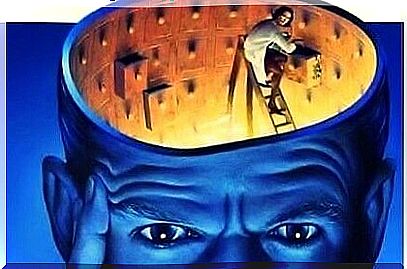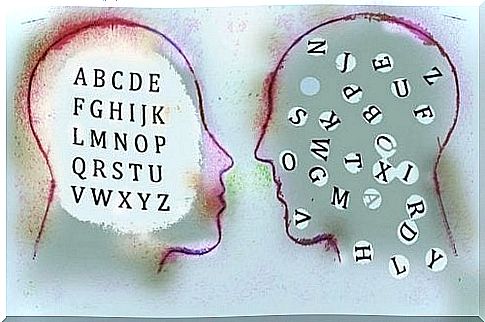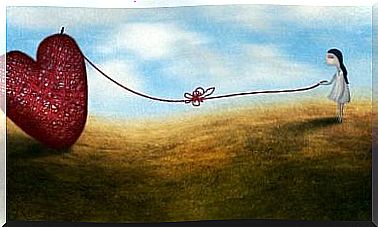Manifestations Of The Unconscious In Everyday Life

Sigmund Freud, the father of psychoanalysis, noticed all sorts of phenomena that other scientists of his time did not pay attention to. One of these phenomena was the manifestations of the unconscious in everyday life. He incorporated his observations into a book he called The Psychopathology of Everyday Life .
In this book, Freud identifies small everyday phenomena that reside in what we call “non-rational.” These are expressions that, so to speak, have no logic. That’s where certain behaviors, such as lapsus linguae , Freudian slips, and motivated forgetting are located.
One of the most interesting aspects of this particular topic is that these claims have helped to undermine the idea that reason (conscious processes) is the only thing that drives people. The truth is that our ways of thinking, feeling and acting include influential aspects that do not pass through our conscious mind.
It is important to know that, according to Freud, the elements that do not pass through our consciousness are the elements that we involuntarily express. In addition, he found that the content we ignore eventually exacerbates our suffering, which can lead to illness.
Lapsus linguae : one of the most common manifestations of the unconscious in everyday life
Lapsus linguae are also known as slips of the tongue or speech errors. It’s when we want to say one thing and finally something else comes out of our mouths. These kinds of slips of the tongue almost always make people laugh.
However, Freud investigated whether these slips of the tongue could not also be more than just meaningless mistakes. According to him, these slips of the tongue were a way for unconscious content and desires to come to the surface.
Disclosures can be presented either verbally or in writing. And they can happen to anyone at any time of the day. In fact, there are even examples of several well-known slips of the tongue, such as when Mariano Rajoy, former Spanish leader, said during a debate: “What we did, what you didn’t do is mislead people.”
Another example is when Juan Manuel Santos, former president of the Republic of Colombia and winner of the 2016 Nobel Peace Prize, said during a disagreement: “That doesn’t invalidate the number of votes given in support of corruption.” In reality, he meant: “Votes given in support of re-election.”
These examples show that lapsus linguae can bring one’s guilt to the surface in a very unfavorable way. They are a way of making ourselves pay for something with a confession. This is one of the most well-known manifestations of the unconscious in everyday life.

Motivated forgetting: another great example of manifestations of the unconscious in everyday life
The contents of our memory are not always available to us. We’ve all experienced times when we couldn’t access a particular part of our memory, right when we were looking for a particular memory.
This happens especially often with concrete elements such as words. What’s strange, though, is that we sometimes forget things that we really should keep in mind or that are connected to things we often do.
For example, when we ‘forget’ to do something that someone has reminded us of several times. Or when we can’t think of a colleague we talk to every day. Another common example of this is when we spend hours preparing a presentation and then we can’t remember anything during our presentation.
All these examples, under the paradigm of psychoanalysis, are manifestations of the unconscious. What happens is that there are factors that cause us to reject certain pieces of information because they are associated with desires, fears, or other content that we have not digested.
We forget tasks we secretly didn’t feel like doing from the start, the name of a person we actually don’t like, or what we wanted to say before we disagreed with someone.

Freudian slips
Freudian slips are similar to lapsus linguae . However, they have less to do with language, but rather with the act itself.
In particular, it refers to situations where we intend to do something and end up doing the opposite without knowing why. The unconscious defeats the conscious because our hidden desires are stronger than the desires we acknowledge.
Let’s give an example of a Freudian slip. You are on public transport on your way to a much dreaded dental appointment. You are sure that you have looked carefully how to get there.
Yet you end up somewhere completely different, because you have taken the wrong bus or metro. The hypothesis would be that your fear and reluctance to go to the dentist imposes on your subconscious desire not to go.
All these manifestations of the unconscious in everyday life can reveal what lies deep within us. They are not mistakes. They simply bring to the surface all those things within us that yearn to somehow come out.









